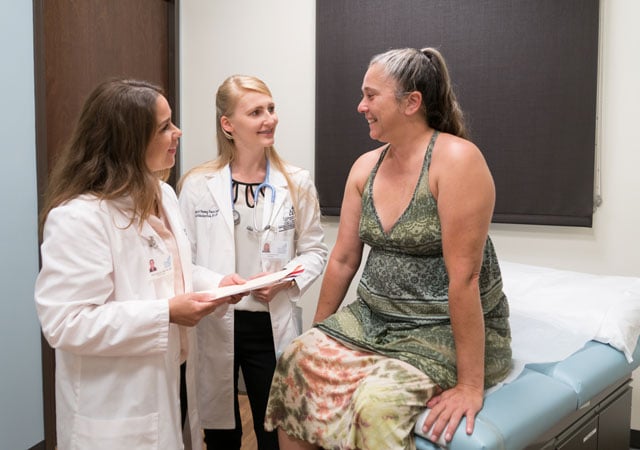MEPN Program Outcomes
Upon successful completion of the program, students receive a Master of Science in Nursing (MSN) as a Clinical Nurse Leader (CNL) and are prepared as Advanced Nurse Generalists.
Graduates are eligible to take the National Council Licensure Examination (NCLEX) for registered nursing (RN) licensure. Graduates are also eligible to take the American Association of Colleges of Nursing (AACN) Clinical Nurse Leader (CNL) certificate exam and are eligible for certification as public health nurses in the state of California.











